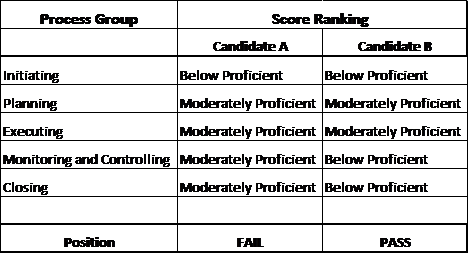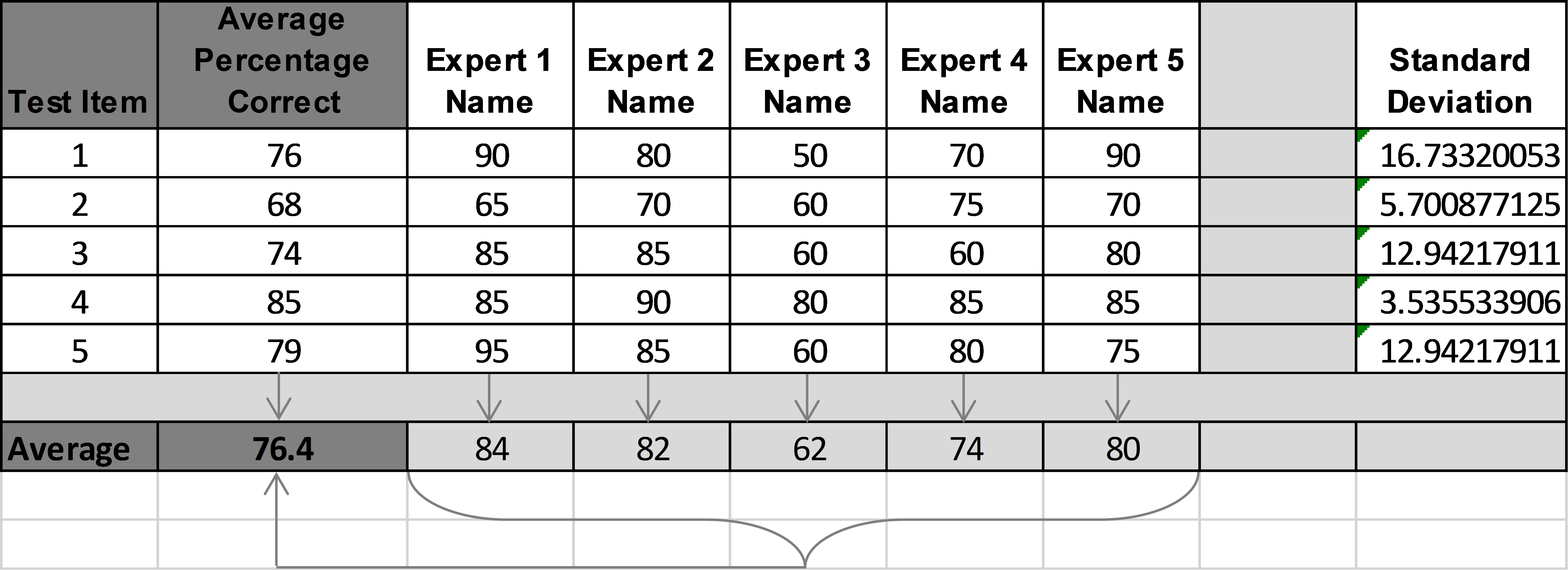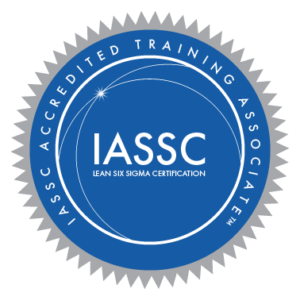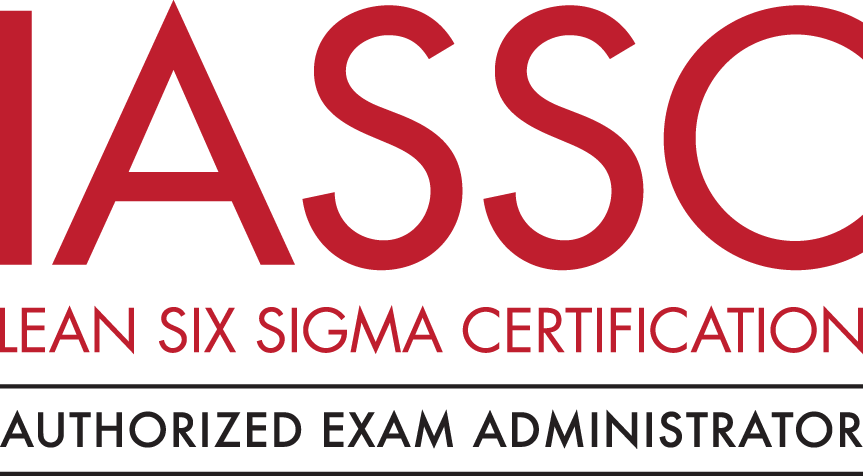Just like any assumption, the passing percentage of 61% has become the baseline reference. However, there has been no official statement from the Project Management Institute (PMI), regarding the passing percentage for the PMP Test. This forces candidates to take the test blindly with no prior expectation on the cut score. One sure disadvantage to the test candidate includes increase in the psychological constraint of taking the test while impairing the cognitive ability that the test was designed to filter. On a serious note, this clandestine factor to passing test, has forced stakeholders even Registered Education Providers (REP) of PMI to play guessing games and extrapolate answers from available data.

When a candidate finishes the PMP test, the test scores report are categorized into Proficient (P), Moderately Proficient (MP), Below Proficient (BP) and are assigned to each of the 5 Process Group. Hence, it is assumed that the scores are weighed and distributed according to the Likert scale above with Proficient having the highest band score. You immediately notice the inconsistency when a candidate with 3BP and 2MP passes the test and someone with 1BP and 4MP fails test as reported by a representative of an REP. Please, see table below to gain a full understanding of the situation:

The dissonance revealed in the table above is enough to scare potential test takers about the examination. To gain a deeper understanding into the PMP Test, it is assumed that PMI uses the Angoff Scoring Method to determine the cut score for the PMP Test. This means the passing grade is not decided arbitrarily but through empirical data.
The Angoff method relies on subject matter experts (SMEs) who examine the content of each test question and then predict how many minimally qualified candidates would answer the item correctly. The average of the judges’ predictions for a Test question becomes its predicted difficulty. The sum of the predicted difficulty values for each item averaged across the judges and items on a test is the recommended Angoff cut score.
Example: PMI employs 5-12 Experienced Project Managers (SMEs) based on diversity (geographic location, age, gender, race, etc.). SMEs take the PMP test. The average score can be used to ensure the final passing score is not set higher than the average score obtained by the SMEs. The SMEs are trained on the Angoff Method and the operational definition of the “minimally qualified candidates” is defined (e.g. minimally qualified Project Manager on the job NOT a student).
Also “how to rate each item” is described. SME test item rating forms are collected and results entered into a spreadsheet. Standard deviation is determined to re-evaluate test items that exceed standard deviation of 10. The revised results is entered into spreadsheet.

The table above shows the scores of 5 experts and 5 Test Items. Add the numbers in the “test item” column and divide by the number of SMEs. Enter each test item average score in the “average percentage correct” cell. Calculate the cut score by adding the numbers in the “average percentage correct” column and dividing by the number of test items. Despite the cut score being 76.4%, policy makers like PMI makes the final decision on cut score. Since it is opinion based, the most critical step to success of the process is selecting the SMEs.
The upside is that the Angoff Method ensures that the passing grade of a test is determined empirically, which is necessary for a test to be legally defensible and meet the American Standards for Educational and Psychological Testing. However, this does not exclude the downside of shrouding the PMP cut score in mystery as candidates do not have a fair chance of challenging their test scores.








